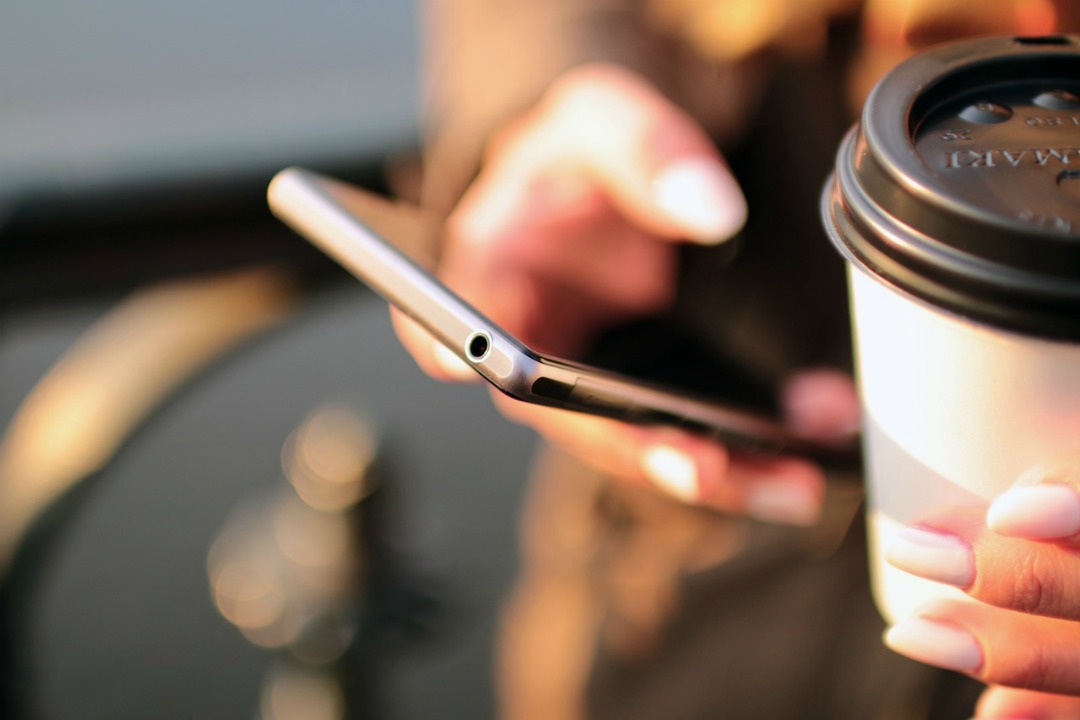What stands out when you read the title of today’s post? For me, it’s the word “addictions.” It conjures up all kinds of unpleasant imagery: people living in despair, out of control, harming their families and themselves. But I started thinking about that word differently when I became familiar with the idea of soft addictions.
According to Judith Wright, soft addictions are small, seemingly harmless behaviors that can cause big problems. For instance, if you swing by Starbucks every morning on your way to work because “I work hard all day and a latte is the least of what I deserve”–in spite of the fact that you know your budget is strained by that daily expense–you might be dealing with a soft addiction.
When I first came across this concept, I was startled by the terminology Wright had chosen. I didn’t think of addiction as “soft” in any way. I thought of it as destructive, powerful, potentially catastrophic. And then I realized that “soft addictions” are all of those things. How many marriages have ended because of a behavior like overspending? How many dreams have been dashed because someone spends the time those dreams require watching YouTube videos?
When you really think about it, the word “addictions” seems entirely appropriate. It’s just that these behaviors are damaging in ways we might not see as readily as, say, liver damage.
Like all addictions, the soft ones eat up our time, energy, and sometimes money. Most importantly, though, because we know they lead to negative outcomes, they leave us feeling ashamed. And shame is a waste of the precious energy we might direct toward achieving our goals.
I can name the soft addiction that gives me the most trouble without even giving the subject much thought: social media. Though I’ve tried not to make looking at my phone the first action I take every morning, I still spend 10 to 20 minutes on Facebook before I even get dressed for the day. I’ve written before about the steps I’ve taken to prevent social media from impacting my productivity. Still, when I get home from work after a long commute, the first thing I do is check my phone. I’ve been out of contact with the world for 30 to 40 minutes, after all. (The horror!) I sometimes do this before saying hello to any actual human being who might be in the house.
I could go on to detail my evening hours, but you get the idea: social media eats up my attention. And, since our energy follows our attention, that means social media steals energy I could be directing toward the people I care most about.
Recovering from a soft addiction isn’t as easy as changing bad habits, though. We grow out of habits, or we replace bad habits with better ones that actually make us feel good. But with addiction, there’s always the possibility of a relapse because the addiction itself is pleasurable.
So where does that leave me? Going cold turkey isn’t an option–and often isn’t, with soft addictions. This blog requires that I maintain a social media presence. How do any of us begin the process of recovering from soft addictions?
Here are three steps toward recovery.
Identify one behavior you want to change.
You might think I’ve already done this, since I’ve identified social media as my problem. However, my addiction involves several different behaviors: looking at my phone before getting dressed, checking in with social media as soon as I get home from work, etc.
I’m going to start the recovery process by putting social media second to people. When I come home from work, I’ll have an actual conversation with anyone who’s there. When Mike comes home at the end of his day, I’ll put down my phone and talk to him.
As I thought through this change, I realized I would never ignore my students or colleagues in favor of looking at Facebook. I don’t know why I’ve felt like it was okay to do this to the people I love most.
Replace the addictive behavior with something you enjoy.
Recovery can’t be a punishment–we’re wired to avoid unpleasant things and to gravitate toward what make us feel good. That means we have to replace addictive behaviors with something equally pleasurable.
Because I’m an introvert, coming home is the best moment of my day. I’m going to make that moment a little celebration–not only by talking to anyone who might be there before I take out my phone, but by taking a moment to greet the dogs, have a snack or a drink, and otherwise celebrate the fact that I’m safely home.
Figure out what makes you vulnerable to relapse.
As I said before, going cold turkey on social media isn’t an option for bloggers. That means the prospect relapse is a real danger. But what makes me likely to relapse?
I’m pretty certain my addiction to social media is a symptom of FOMO. Fear of Missing Out is always a problem for introverts, because we spend so much time alone. But the obvious solution–spending more time with people–is too exhausting to contemplate.
So I’ve decided to think about ways to increase the personal interactions I have with my colleagues while I’m at work. I’ll have to see if that helps to assuage my fear of missing out on important conversations (which, if I’m being honest, generally don’t happen on Facebook.)
Thinking about my soft addictions has been really useful in helping me reconsider how I spend my time. I think of myself as a productive person, but I know it’s always possible to feel better about how I live my life–and eliminating soft addictions is one more step in that positive direction.





No Comments